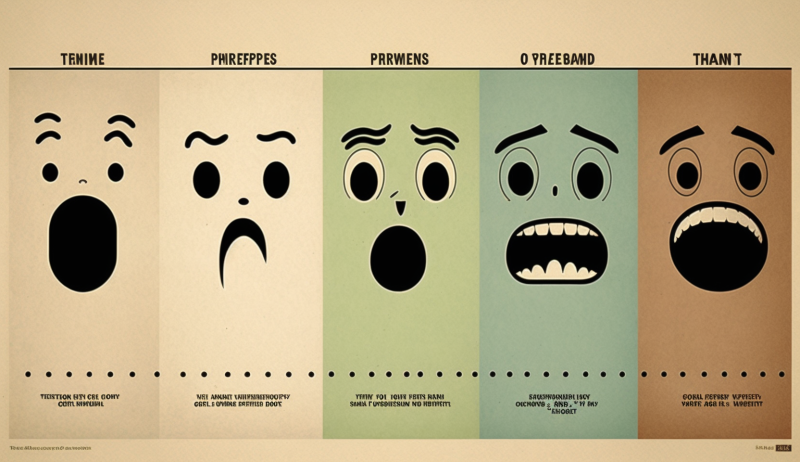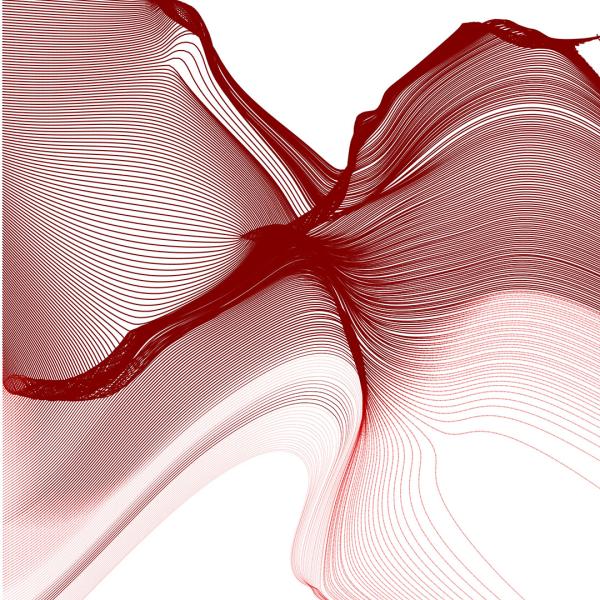In business, of course, it's a quality. We want it everywhere.
In essence, reactivity is the ability to analyze and react to a situation that is outside the scope of what was originally planned. When you've devised a plan that obviously isn't working anymore ("is it normal for the basement to flood like this?"), you have to be able to put aside outdated solutions ("so we don't turn the power back on?") to initiate actions that are more in line with the reality of the problem ("maybe we should tell the kids to come back upstairs?").
So if you're asked this question in a job interview: yes, you're reactive. Thoroughly.
In Eastern philosophy, it's a more mixed quality. Becoming less reactive is even a measure of progress: a Buddhist who is not proud of his behavior would say "Sorry, I was being reactive" or "I was acting from a place of reactivity."
In that context, reactivity is acting immediately on the basis of one's thoughts and emotions. Without buffering, without temporizing, without giving them a chance to evolve.
For Buddhists, thoughts and emotions are transient. Like everything else in this world, psychic contents appear, take their course, and then disappear. The wisdom lies in observing this dance without getting trapped by each passing mood.
Often, Buddhists tell us, we give too much credit to our thoughts. We imagine that every idea is the mental representation of an underlying reality; that every emotion that points inside is the consequence of something that happens outside; that there is a 1:1 ratio between the physical world and our image of it. In this view, it is crucial to act without delay since thoughts are reality - or are, at least, extremely faithful ambassadors of it.
Except that a modicum of introspection quickly puts this idea to shame.
When not artificially entertained, thoughts... pass. Emotions pass. Everything passes. And usually very independently of the reality to which they were thought to be attached.
In fact, the same reality can present itself very differently throughout the day: disturbing in the morning, indifferent at noon, more motivating in the evening. Three perceptions for the same object. But to witness this change (what Buddhists refer to as impermanence or anitya), one must not have acted hastily in the morning. By jumping into action right away (being reactive), we don't give ourselves the chance to see that first emotion disappear in favor of the next one, and then the next one, and so on, revealing the essentially ephemeral nature of our psychic contents.
This is especially important because, as Acharya Prashant writes in Advait in Everyday Life (don't let the cover fool you, this book is a treasure trove): the seed and the fruit of action are one.
In other words: action initiated in anger will only bring more anger. The enterprise built on fear will only lead to more fear. The emotion at the source of the action will be the emotion at the end of the action, no matter how successful the project is.
Think about it: do you know many millionaires who quit business after their first big score? Politicians who don't want more power once they reach the first office? Mafiosi who give up violence once the first rivals are eliminated? Far from neutralizing it, action validates and encourages the original emotion.
Conclusion: action is rarely the right solution for dealing with unwanted emotions.
Transforming the external world will not end this sadness. Accepting or rejecting this deal will not neutralize that anguish. Using verbal or physical violence will not stop this anger. On the contrary: this decision may ultimately exacerbate the negative emotions and problematic thoughts it was supposed to stop.
So what to do?
This is both the paradox and the solution: there is nothing to do. If you don't artificially nurture them with a desire for action, the thoughts arise and disappear on their own, without anything required of you. For, as the other said:
"Whatever has the nature to appear, will also disappear."
-- Buddha
So: when I'm worried, sad or anxious, first I deal with the emotion - by doing nothing - and then, only then, I act. But often, at this point, action is no longer necessary. Which leaves me time to write all these bullshit articles.









